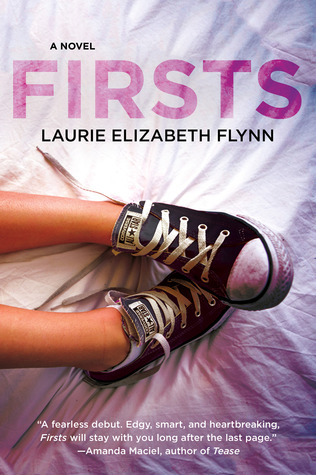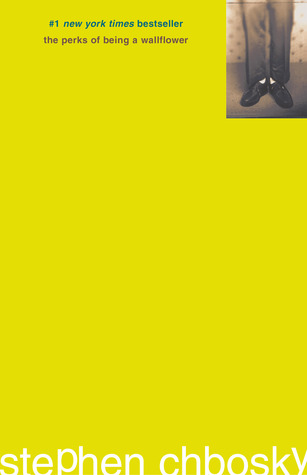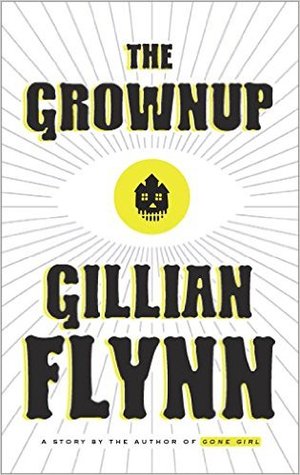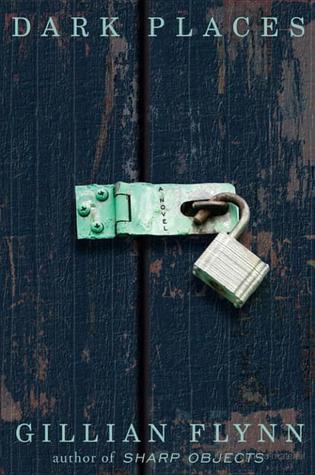The Butterfly Garden tells the haunting story of a serial killer who kidnaps women and keeps them in a secret garden. This book is written beautifully, with most of the narration being told from the point of view of Maya, one of the kidnapped women who has recently been freed. I absolutely adored Maya as a character-she had the right amount of personality and numbness to make her really believable. In fact, I absolutely adored this book in general. It's a fairly simple idea but it's executed brilliantly and the world Hutchison creates just draws you in.
Alas, this book isn't perfect. The ending was a bit flat and not really worth the buildup. The part with Sophia having been in the garden was also not needed and didn't really make much sense as soon as you thought about it. However, the characters on the whole were very strong and as a character-driven story, this works beautifully. I would have liked to have had a bit more focus on Lorraine however. I found her fascinating as an idea but she doesn't get enough actual interactions nor character exploration which is a huge shame. She does feel like a wasted opportunity.
My only other niggle is with the order of the narration. The Garden stuff gets pushed aside to explore Maya's past at the start of the book and honestly, this didn't work for me. I was interested mostly in the Garden at the start and so was frustrated to have to wait so long to get to that part. It would have read better to have her past a little bit later on, once the general premise had been introduced. I also kept wondering why the police were more interested in her than the Garden itself. It didn't really make sense and again, it took away from the atmosphere a little.
On the whole, I really love how this story plays out. It isn't gory, it doesn't glamorise the violence but instead it gives a pretty accurate portrayal of a deeply twisted situation. Maya's straightforward descriptions of the terrible events really help give the impression that she's been through trauma, and it further cements her strong characterization. Definitely worth a read if the blurb intrigues you, though be prepared for a potentially disappointing ending.
Overall Rating:














